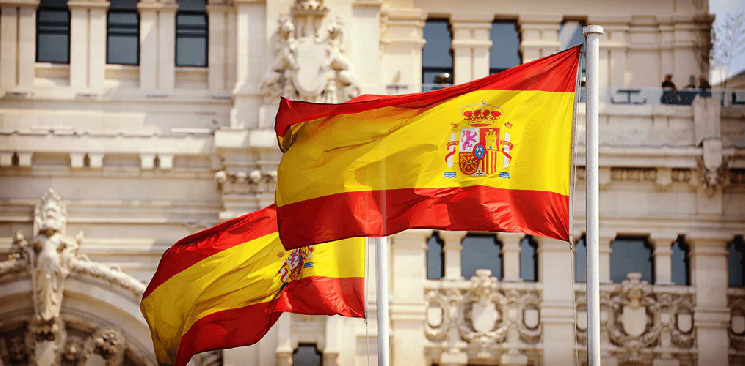Spain's Ministry of Finance has introduced tax reforms that give financial institutions the right to collect taxes on behalf of the government.
In an effort to strengthen its oversight of cryptocurrencies, the ministry, under the direction of María Jesus Montero, suggested amendments to the General Law on Taxes, aimed in particular at Article 162.
The purpose of these changes is to empower the Spanish Tax Agency to identify and confiscate digital assets owned by taxpayers with unpaid debts.
A recent royal decree, which came into effect on February 1, widens the scope of entities authorized to collect taxes. So far limited to banks, savings banks and credit unions, the new regulations also plan to strengthen measures against tax evasion.
Banks and e-money institutions may be required to report all card transactions, signaling an aggressive stance in the fight against financial non-compliance.
Despite a proactive regulatory approach, the rapid implementation of these changes poses challenges on the regulatory front. Spain is actively working on multiple pieces of legislation to regulate the cryptocurrency space.
In October 2023, the Spanish Ministry of Economy and Digital Transformation announced the adoption of the European Union's first comprehensive framework for cryptocurrencies, the Regulation on Cryptocurrency Markets (MiCA), to be implemented nationally in December 2025 – six months before the official deadline.
Spanish residents who own crypto-assets on non-Spanish platforms are required to declare them to the tax authorities by the end of next month. The filing period for Form 721 began on January 1, 2024 and ends on the last day of March.
However, the obligation to declare foreign assets only applies to individuals whose balance exceeds €50,000 (approximately $54,000) in crypto-assets. Individuals using self-custody portfolios must report their holdings using the standard Wealth Tax Form 714.
